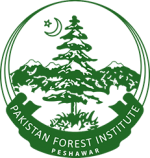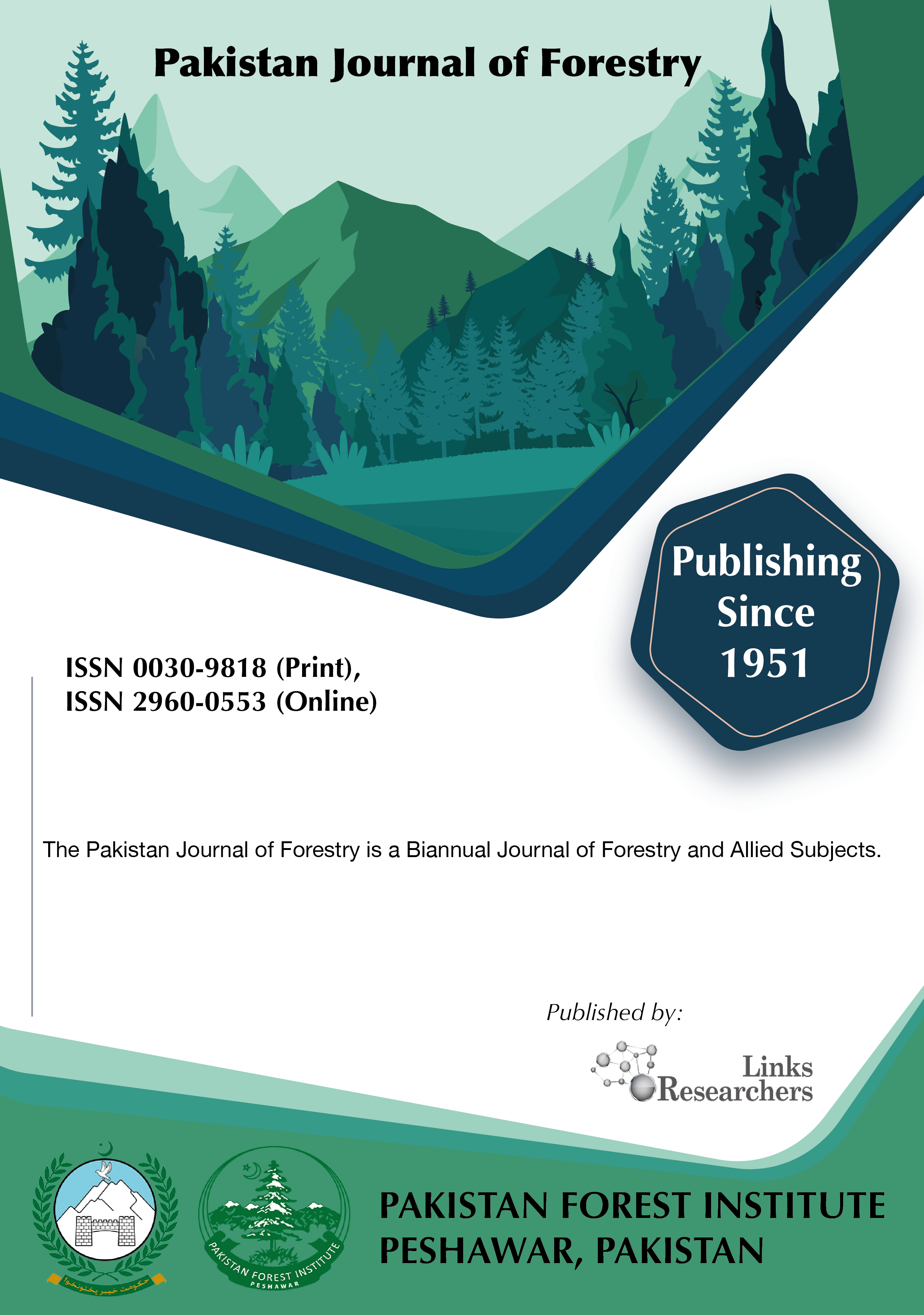Impacts of participatory forestry on forest resource development - A case study in Pakistan
Mamoona Wali Muhammad1, Hakim Shah1, Nowshad Khan2 and Mohd Zaki Hamzah3
ABSTRACT
Participatory forest management (PFM) initiatives have taken place in Pakistan for almost three decades, but apparently there have not been any visible impacts. The paper is based on assessing the impacts of two participatory forest management (PFM) programs, implemented in north-eastern and north-western parts of the Islamic Republic of Pakistan, on the forest resource development. The research was carried out in three Districts of Pakistan, viz. Muzaffarabad (AJK), Abbottabad and Mansehra in the areas where PFM programs namely Integrated Land Management (ILM) and Environmental Rehabilitation and Poverty Reduction in Terbela Reservoir Catchment (PWSM) were being implemented. The study on reforestation activities indicated no significant differences (p=0.231) between
program and
no-program areas, nor between participants and non-participants (p=0.128), even though more forest trees were planted under PWSMP. The participants planted more trees than non-participants. The programs succeeded in getting significant involvement (p=0.000) of people in forest protection activities. These two accomplishments serve the forest management and development aims of the programs, but do not materially improve the livelihood of the people at this time.
Key Words: Participatory forest management.
To share on other social networks, click on any
share button. What are these?





